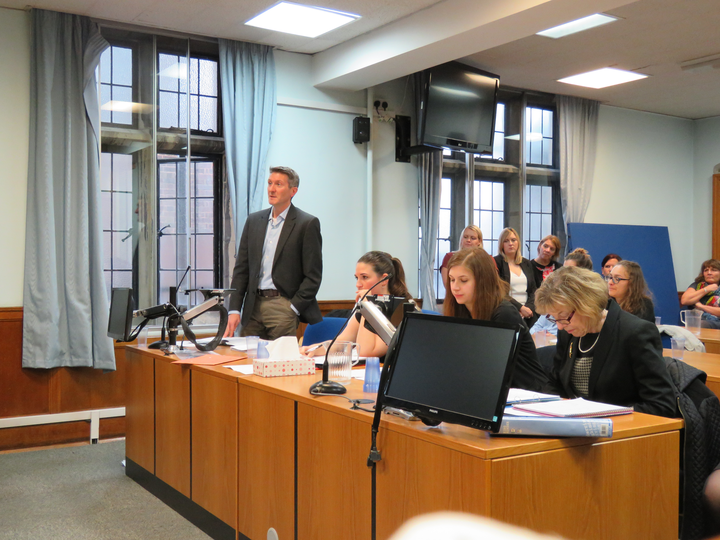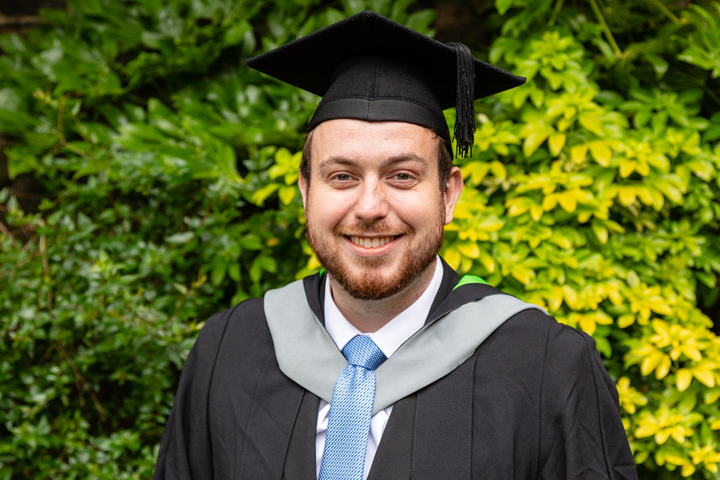LLB (Hons) - Law
Study at the North West's Top Law School (Guardian League Tables for Law 2025).
We offer a person centred, supportive legal education where you’re more than just another student. Our future focused curriculum immerses you in the justice system, blending theory with real-world practice—so you graduate ready to succeed.
Learn from approachable, experienced lecturers who know you by name. Build skills through mock trials, court visits, placements and a wide variety of assessment types —all backed by our strong local ties to courts, firms, and employers.
Our small size means big opportunities: exclusive placement opportunities and direct pathways to careers in Cumbria and beyond.
Big enough to challenge you, small enough to champion you!
Course Overview
A law degree provides multiple transferable skills. This professionally recognised LLB (Hons) course offers an academically rigorous and career-focused legal education, designed to support your journey into the legal profession and many other careers.
You’ll study key areas such as Contract Law, Constitutional Law, Criminal Law and Equity & Trusts, while developing vital skills in legal research, client interviewing, and persuasive communication. Innovative modules like Lawyering in a Digital Age and Law in Action offer hands-on, real-world experience—including opportunities to work with local organisations on live legal issues.
With strong links to the local legal sector, engaging guest speakers, and opportunities for placements and visits, you’ll graduate confident, capable, and ready to make an impact.
On this course you will...
- Study at the top Law programme in the North West of England (Guardian, 2025).
- Take up opportunities to gain experience with His Majesty's Court Service, the Inns of Court in London and local employers.
- Participate in professional and personal development activities including advocacy and confidence in public speaking training, mooting, and client interviewing.
- Be supported in gaining work experience and making connections with local law firms and legal organisations.
- Develop confidence in independent thinking, teamwork, research and writing.
What our graduates say
-
![Chloe Booth, LLB Law]()
I am proud to say, I now have my dream job and work as a County Court Advocate representing claimants or defendants in county courts throughout the North West.
Chloe Booth, LLB Law
-
![Matt Wardle, LLB Law]()
Despite my earlier hang-ups about my academic ability, I will be leaving the University of Cumbria with a first-class degree, as winner of the Sweet & Maxwell Law Prize. I also received subject excellence and contribution to law awards along the way. Work-wise, I have finished my long stint in restaurant and bar work and I now work at Butterworths Solicitors as a Legal Adviser handling civil litigation claims.
Matt Wardle, LLB Law
Stay Focused. Go Far.
.png)



Location
Carlisle - Fusehill Street Campus
The Fusehill Street campus has been the setting of life-saving treatments since World War I. Now, it's home to world changers, life-savers, crime fighters, and entrepreneurs with access to high-quality facilities and innovative thinking.
Find out moreLocation
Lancaster Campus
Lancaster is the Red Rose heartland, a student haven full of history and culture. With iconic stone architecture, parkland, and a caring community, this is the place to get involved. The campus houses top-quality facilities tailored to the needs of life-savers, world changers, and future leaders.
Find out more
Find out more about studying with us
Attend an Open Day at Cumbria
An Open Day is your opportunity to explore one of 5 campuses, meet your lecturers, and find out how the University of Cumbria could become your new home.







.webp)


